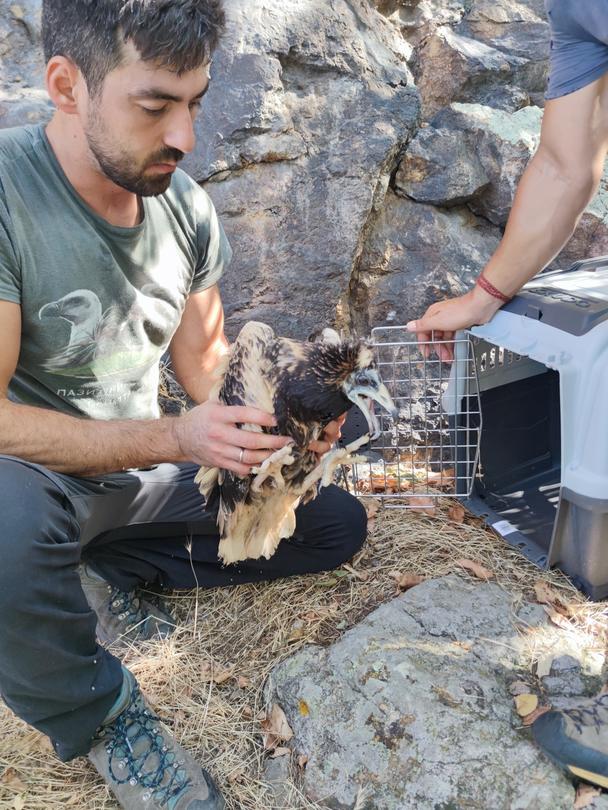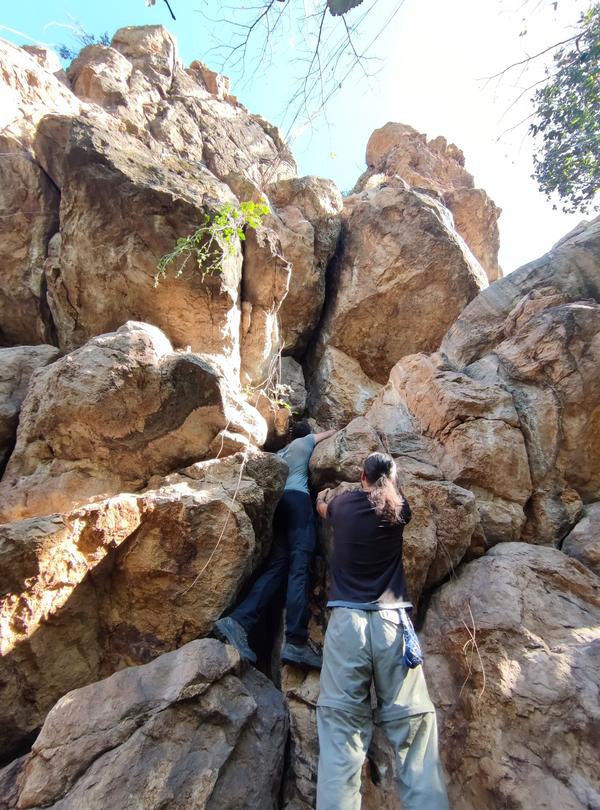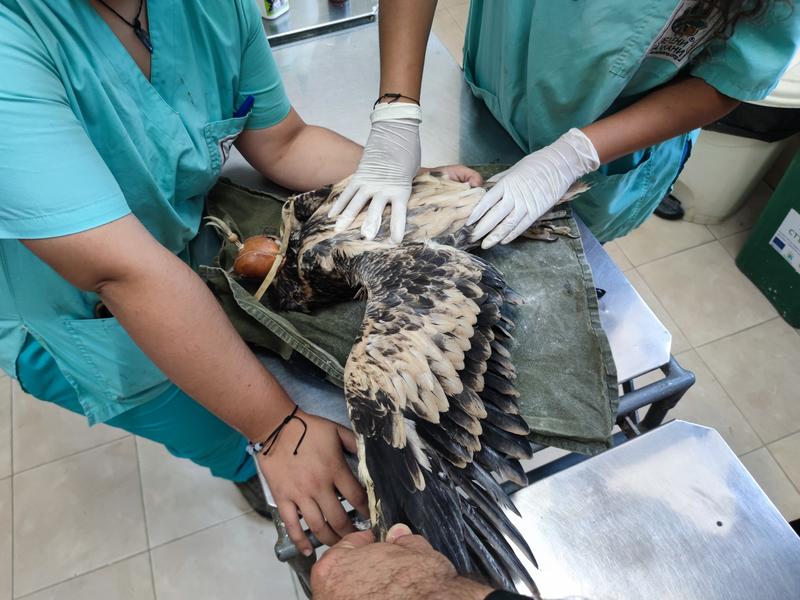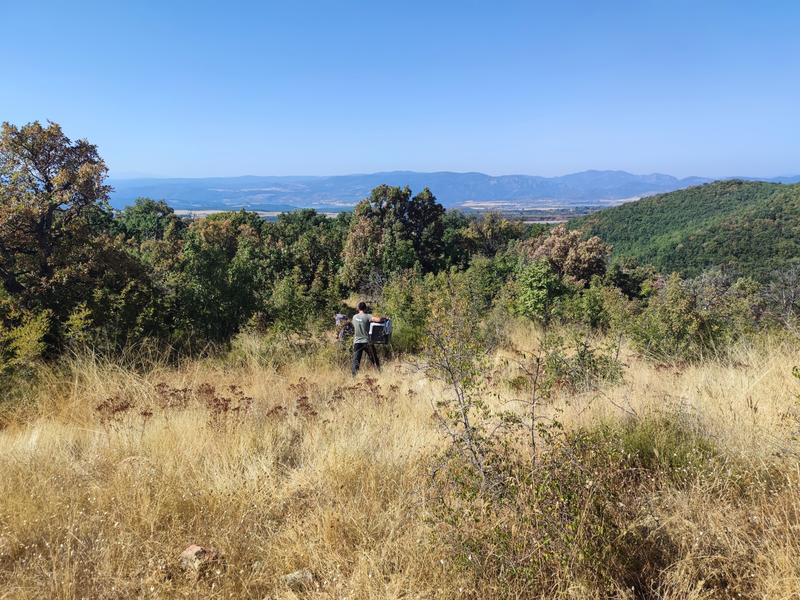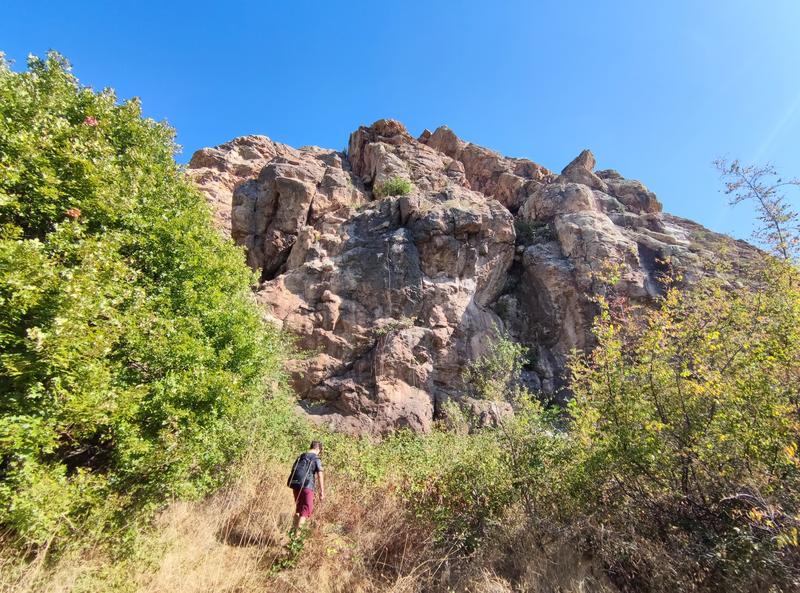A young Egyptian vulture was rescued
31 Aug, 2023 | 15:41
A young Egyptian vulture was rescued and taken from a nest of a pair from the species in the area of Valche Pole village, Lyubimets municipality. Experts of RIEW - Haskovo and the Bulgarian Society for Bird Protection (BSBP) sent the bird to the Rescue Center for Wild Animals in Stara Zagora at the beginning of the week.
Regular monitoring of the nesting population of the Egyptian vulture found delayed nesting and hatching of young in three of the monitored nests. The experience from previous years shows that the young will migrate in September, therefore they will have a short adaptation period before the autumn migration and a correspondingly lower probability of survival. This is what necessitates the taking of the young birds from their nests and keeping them indoors until next spring.
In the spring of 2024, the bird will be released by the method of delayed release - after adaptation. It will be tagged with ornithological rings and a satellite GPS transmitter. Data collected so far show that young vultures released using the delayed release method are 10% more likely to survive compared to wild young birds that leave their nests naturally.
So far, there are two birds hatched belatedly that have been taken and sent to be reared in the Stara Zagora center, a third bird is to be rescued as well.
On their first migration, young Egyptian vultures travel an average of 5275 km, flying for 35 days, covering an average of 172 km per day. Under certain weather conditions, they can develop over 80 km/h and fly over 500 km in one day. Such interesting facts are revealed by the satellite transmitters placed on 19 young Egyptian vultures from Bulgaria, Greece, Macedonia and Albania between 2010 and 2014 to assess their survival and to determine important migration and wintering sites, reports the BSBP.
During their first migration, young vultures from the Balkans have a very high mortality rate of 25%. A significant number of birds die due to poor navigation trying to reach Africa by crossing the Mediterranean Sea.
The Egyptian vulture is a very important part of the ecosystem, whereby they prevent epidemics of many diseases that are contagious to humans.
